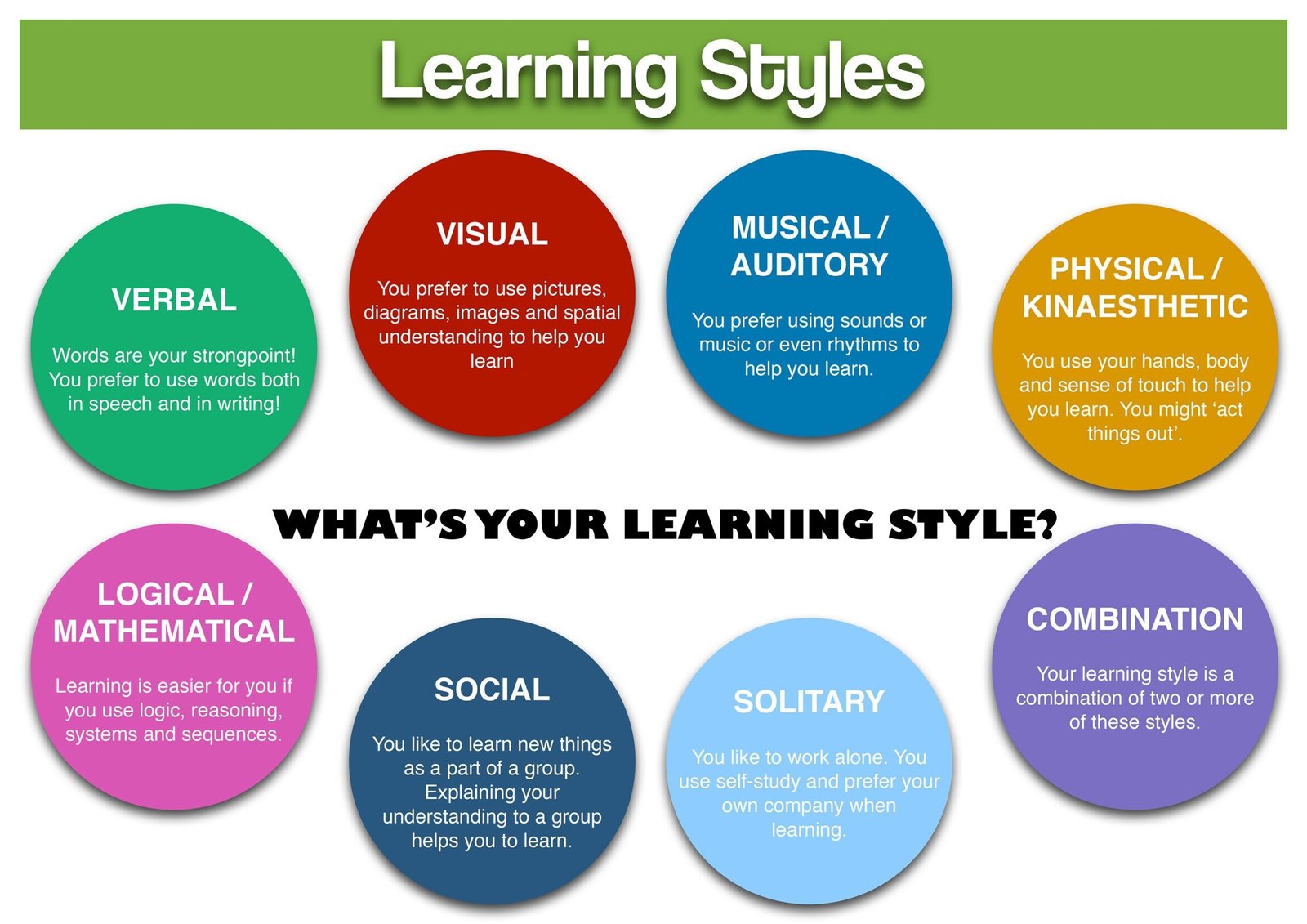Title: Understanding the Basics: A Guide to Different Types of Insurance
Introduction:
Insurance serves as a financial safety net, offering protection against unforeseen events and mitigating potential risks. In a world full of uncertainties, understanding the various types of insurance is essential for safeguarding your financial well-being. In this comprehensive guide, we’ll explore the basics of different types of insurance, outlining their purposes, coverage areas, and the importance of having adequate coverage in various aspects of life.
- Health Insurance: Prioritizing Your Well-Being
Health insurance is designed to cover medical expenses and provides financial protection in case of illness or injury. Policies can vary widely, offering coverage for hospital stays, doctor visits, prescription medications, and preventive care. Health insurance is crucial for managing healthcare costs and ensuring access to necessary medical services without incurring significant financial burdens.
- Life Insurance: Planning for the Future
Life insurance provides a financial safety net for your loved ones in the event of your death. There are various types of life insurance, including term life and whole life policies. Term life insurance offers coverage for a specified term, providing a death benefit if the policyholder passes away during that period. Whole life insurance, on the other hand, covers the policyholder for their entire life and often includes a cash value component that accumulates over time.
- Auto Insurance: Protecting Your Vehicle and Liability
Auto insurance is a legal requirement for vehicle owners and provides coverage for damages resulting from accidents, theft, or other unforeseen events. Policies typically include coverage for bodily injury liability, property damage liability, comprehensive coverage, and collision coverage. Auto insurance not only protects your vehicle but also safeguards you against potential liability for injuries or damages to others.
- Homeowners/Renters Insurance: Safeguarding Your Property
Homeowners and renters insurance protect your home or rental property against damages caused by events like fire, theft, or natural disasters. Homeowners insurance typically covers the structure of the home, personal belongings, and liability for injuries that may occur on the property. Renters insurance provides similar coverage for personal belongings and liability but does not cover the structure itself.
- Disability Insurance: Ensuring Income Protection
Disability insurance is designed to provide financial support if you are unable to work due to a disability or illness. This type of insurance replaces a portion of your income, helping you meet your financial obligations during a period of disability. Disability insurance can be short-term or long-term, and coverage may vary based on the policy terms.
- Travel Insurance: Mitigating Risks during Trips
Travel insurance offers coverage for unexpected events that may occur during a trip, such as trip cancellations, lost luggage, medical emergencies, or travel delays. Policies can vary in coverage, and travelers can choose specific plans based on their needs and the nature of their trip. Travel insurance provides peace of mind and financial protection while away from home.
- Business Insurance: Safeguarding Your Business Assets
Business insurance protects businesses against a variety of risks, including property damage, liability claims, and business interruption. Types of business insurance can include general liability, property insurance, professional liability (errors and omissions), and workers’ compensation. Having adequate business insurance is essential for mitigating risks and ensuring the continued operation of the business.
Conclusion:
Understanding the basics of different types of insurance is crucial for making informed decisions about your financial well-being. Each type of insurance serves a unique purpose, offering protection against specific risks and uncertainties. By carefully assessing your needs and selecting the appropriate coverage, you can build a comprehensive insurance portfolio that provides peace of mind and financial security in various aspects of your life.
